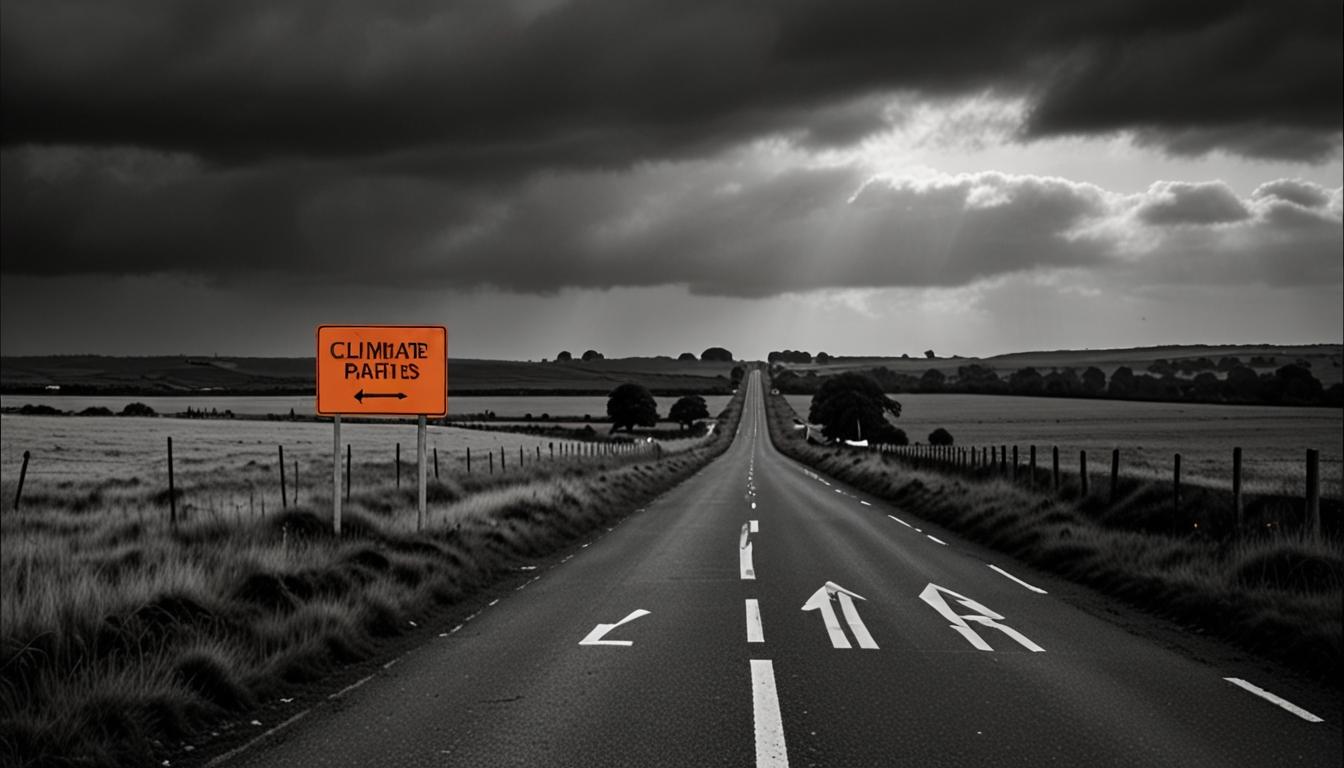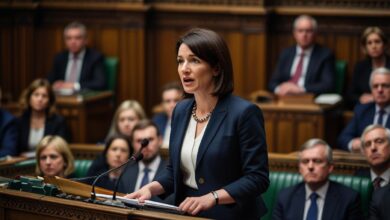Labour, the Conservatives, and smaller parties outline diverging climate policies in their manifestos for the 2024 UK General Election, sparking debates on economic impact, feasibility, and private sector support.
Climate and Political Divides Mark 2024 UK General Election
As the UK prepares for its General Election in 2024, political parties have unveiled their manifestos, highlighting critical divergences in climate policy. With the nation falling short of its climate targets, the Labour and Conservative parties have presented contrasting approaches.
Labour has pledged to quadruple offshore wind capacity, double onshore wind, triple solar installations, and end new North Sea oil and gas licenses by 2030. The party also aims to double planned spending on home insulation and position Britain as a “clean energy superpower.”
In contrast, the Conservative manifesto focuses on an “affordable and pragmatic transition” to net-zero by 2050, with measures to delay the ban on new combustion engine vehicles to 2035 and remove minimum efficiency standards for rented homes. The Conservatives pledge to hold annual licensing rounds for North Sea oil and gas while seeking to cut the cost of climate action for households.
Among the smaller parties, the Liberal Democrats aim for 90% renewable power by 2030 and net-zero emissions by 2045, focusing on bold climate measures that create jobs. The Green Party advocates for 70% of power to come from wind by 2030 and proposes a wealth tax to fund climate initiatives.
The UK’s climate policy direction remains uncertain, with Labour and the Conservatives representing vastly different visions. Key to these plans is their potential economic impact and feasibility, as well as the ability to garner private sector investment and support from green businesses.



